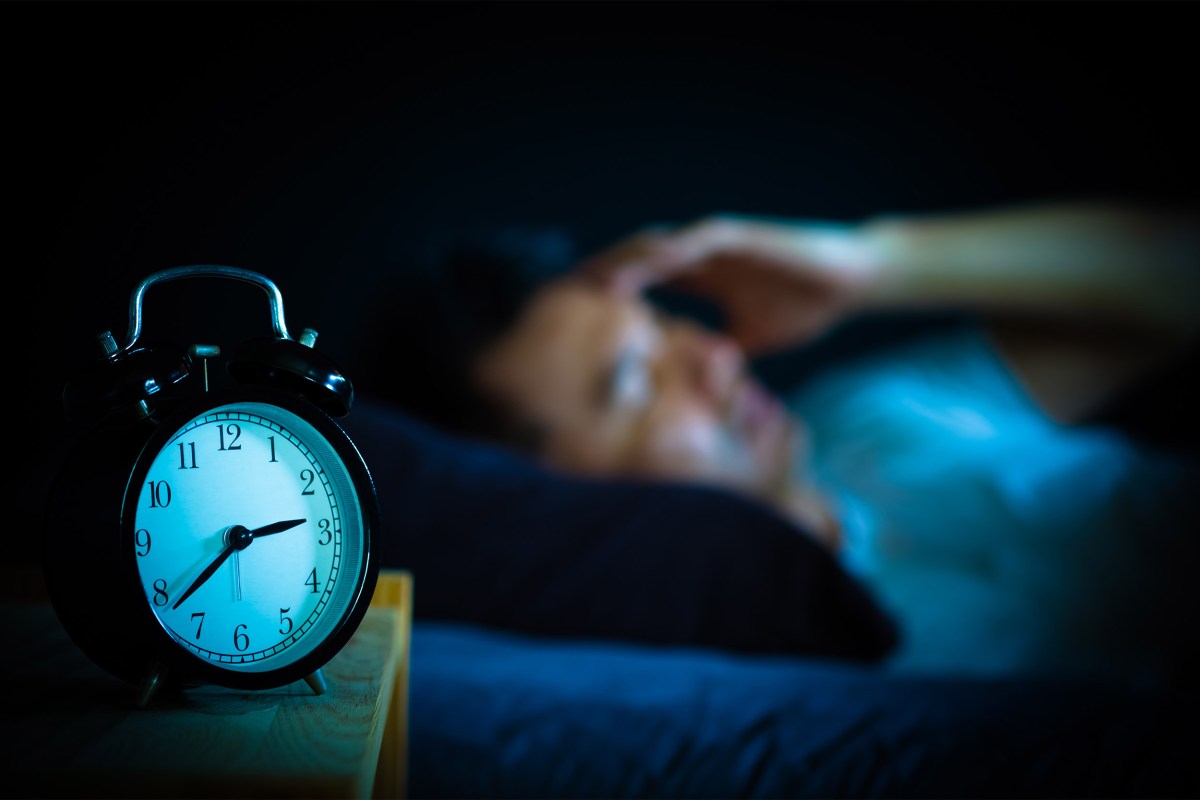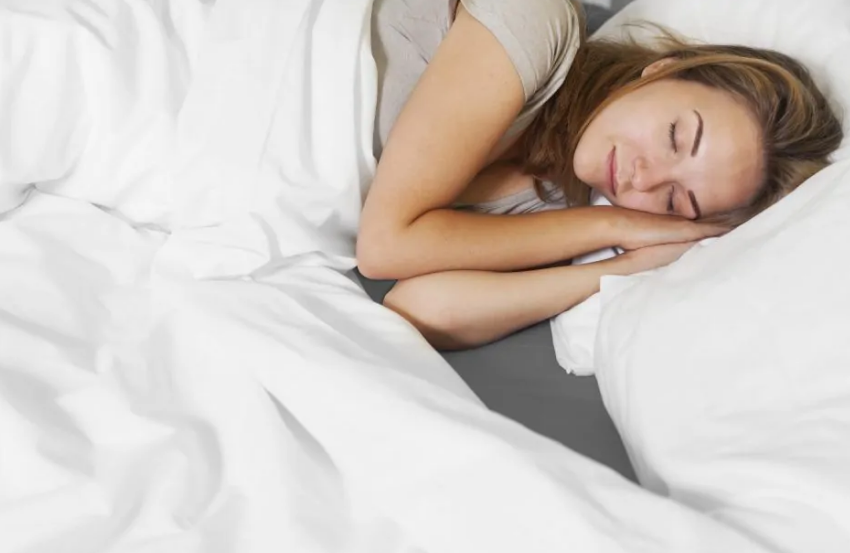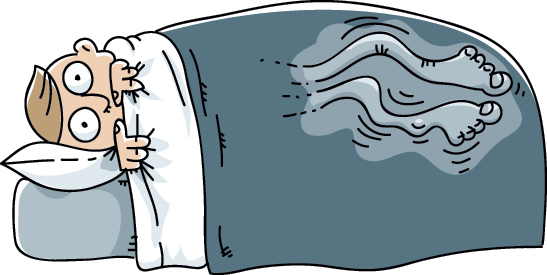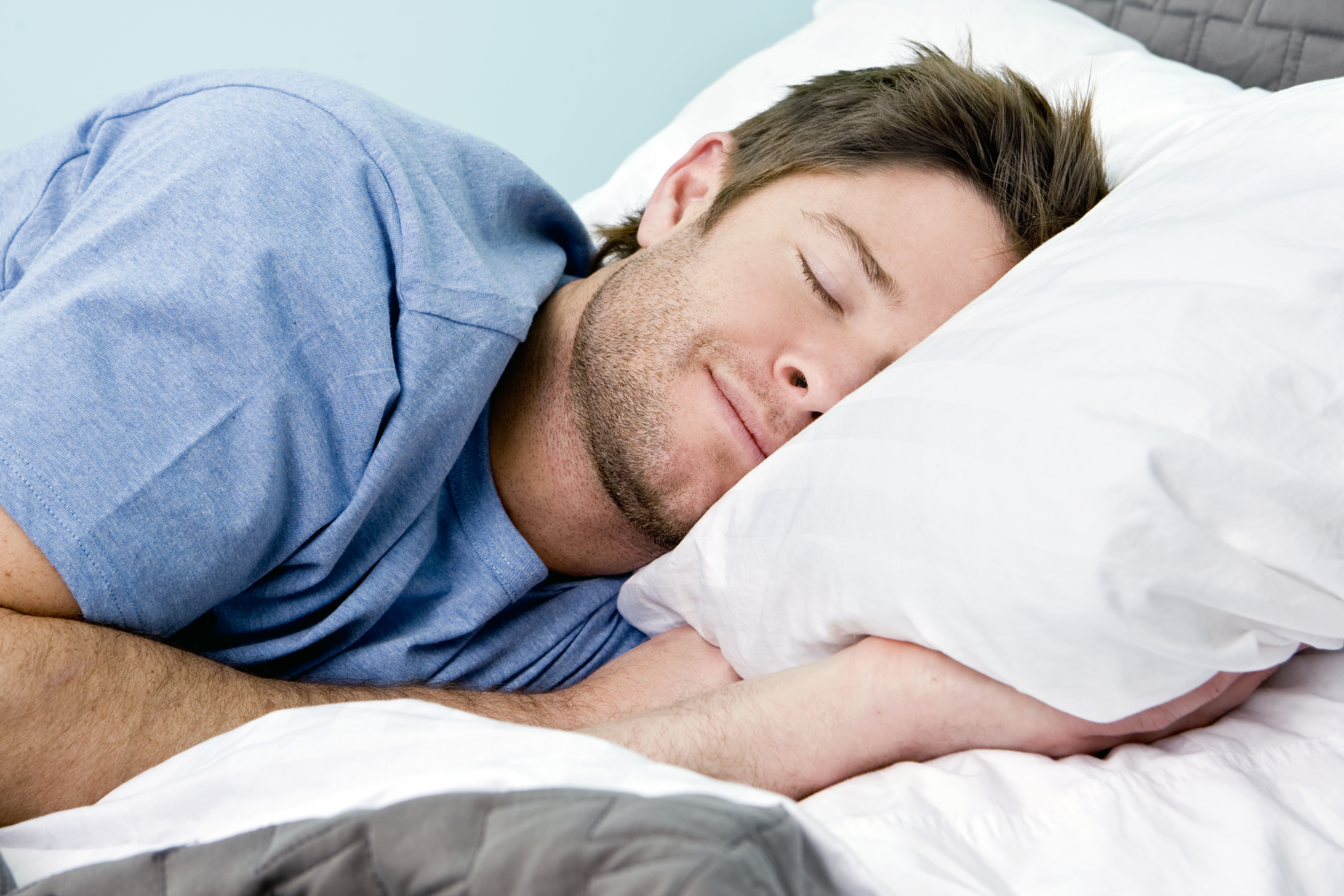Even before the pandemic, sleep had already been a challenge to many. Now that there is almost no distinction between work and rest, some find it more difficult to go to bed and clock in the recommended hours for sleep. Snacking on these foods might just help correct one’s circadian rhythm.

Walnuts are packed with nutrients that help promote sleep such as potassium, magnesium, calcium, and folate. High in melatonin, walnuts have been linked to improving sleep, says Dr. Lisa M. Cannon. Yogurt, another food rich in calcium, helps process amino acids and hormones such as tryptophan and melatonin, both known to aid sleep. Right along the alley of calcium-rich foods is kale, which helps sleep hormones becoming more effective.
With a high glycemic index, white rice offers a natural increase in insulin and blood sugar levels, helping tryptophan work in one’s brain with speed. Poultry such as chicken and turkey contain tryptophan, an amino acid known to help the body produce serotonin and melatonin. Honey maintains the kind of glucose that reduces orexin, a neurotransmitter that aids alertness. Snacking on bananas during the day can help keep one in bed all through the night as the fruit contains potassium, tryptophan, and magnesium.

Dr. Lisa M. Cannon mentions that lettuce and lettuce seed oil promote sleep due to their n-butanol fraction, particularly in lactucin, a compound it carries. For some sweet treats, consider snacking on cherries as the fruit is high in sleep-regulating compounds such as serotonin, tryptophan, melatonin, and potassium.
Dr. Lisa M. Cannon is a pulmonologist with more than 15 years of experience in her field. Her passion for pulmonology and critical care led her to her own medical practice in New Jersey. She earned her medical degree from New York College of Medicine and fellowship in sleep medicine, pulmonary disease, and critical care from Mount Sinai Hospital. For more updates from Dr. Cannon, head over to this blog.







